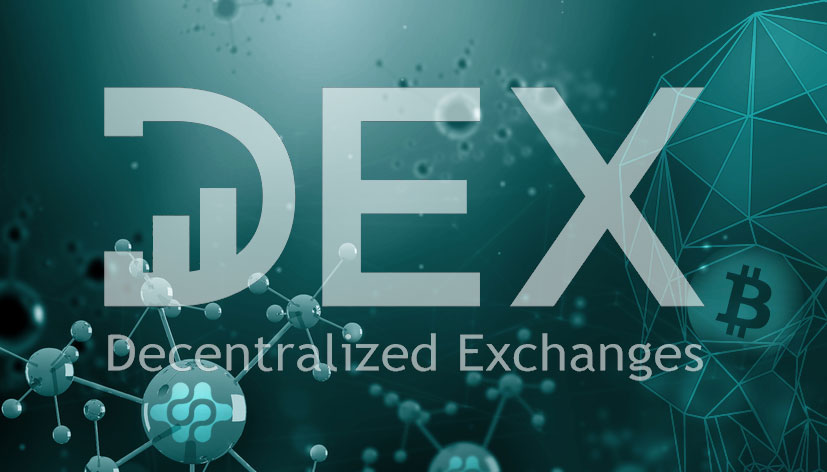
There is a lot of talk about the decentralised exchange (DEX) concept and the attendant benefits and problems. The primary benefit of a DEX is that it cuts out the middlemen in all kinds of transactions, which tends to lower costs and speed up processes. In addition, there is no single, central entity that can impose regulations on a DEX on a sudden whim; this might include banning cryptocurrencies for example, or the DEX itself. This is quite important when you look at countries where exchanges and currencies have been banned, or their use restricted.
Furthermore, when this type of exchange does not exist, people wishing to invest in cryptocurrencies are subject to government regulations as applied to existing financial markets – so you end up having ‘more of the same’. A decentralised exchange also offers better security. In a DEX each user is in private control of their own funds, so there is no central point for hackers to attack, as they did with Mt Gox.
And, a DEX potentially has the means to facilitate faster and cheaper transactions than a centralised exchange, since there is no third party authenticator. However, this has yet to be tested out on a big scale.
What is stopping DEX adoption?
One of the biggest downsides of DEXs as we currently know them is that they lack the functionality of centralised exchanges. At the moment they only offer the most basic functions and don’t have any of the frills, like a stop-loss mechanism. The other issue that acts against them being more widely used is that they lack they can’t convert to fiat currencies due to existing KYC and AML regulations. If they did, they would become centralised exchanges. So, anyone using a DEX can only use cryptocurrency deposits.
And there are other barriers, at least in the eyes of governments and financial regulators. One of the most difficult to overcome is taxation. Because a DEX doesn’t have any centralised function, authorities such as taxation and regulation bodies have no power over a DEX. If there was mass adoption of DEXs and they replaced centralised exchanges, hundreds of billions of dollars would be hidden from the view of taxation and regulation bodies. We’ve already seen countries like China and India banning crypto because the governments see this as a major issue.
There are some existing exchanges that claim to be shifting towards a decentralised model, saying that the fact they are currently centralised helps to speed up their development. That idea is one that causes heated debates, because we know that to truly be decentralised these exchanges will have to radically rewrite the platform protocols. But, while there may be barriers to wider adoption of decentralised exchanges right now, this is not to say it will remain this way forever – this is a sector of the blockchain world that will continue to be of interest to everyone involved in it.